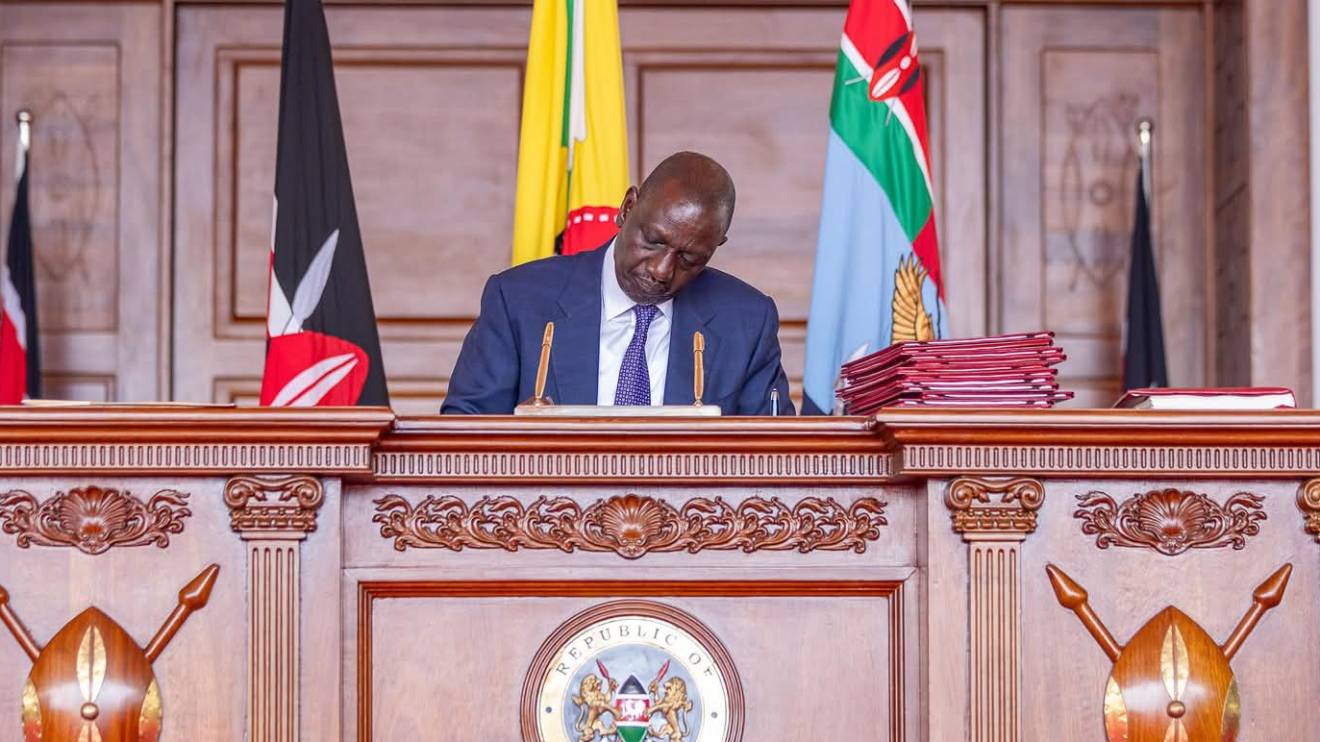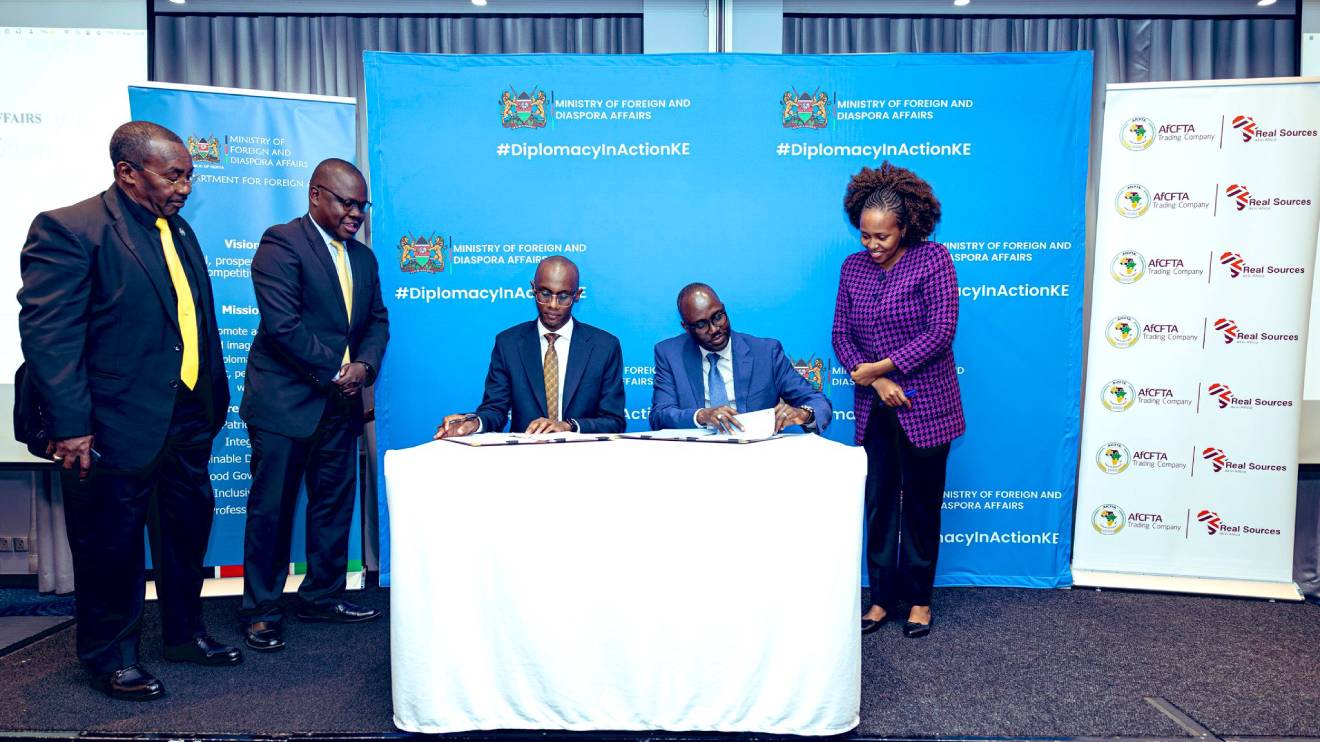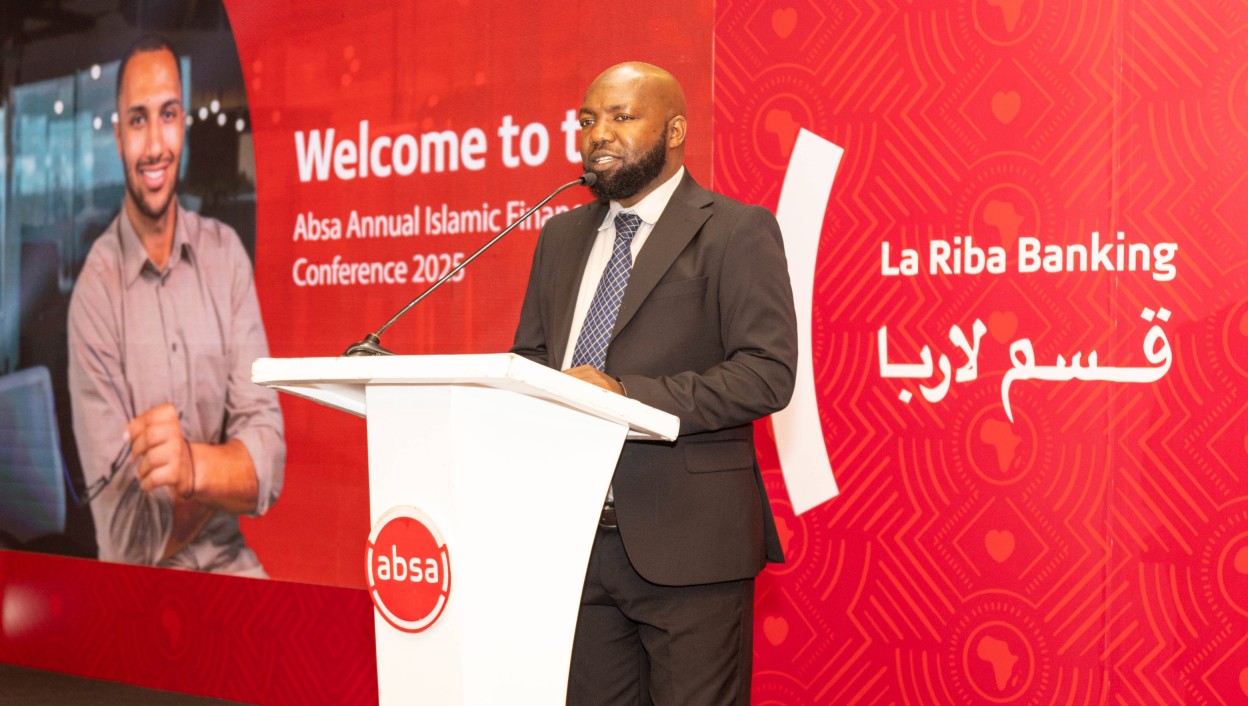In a decisive move towards sustainable business practices, Bamburi Cement launched its 2022 Sustainability Report on Friday, presenting a comprehensive overview of its commitment to green growth and ambitious targets of achieving net-zero carbon emissions by 2050.
The report, titled "Decarbonizing Our Operations," provides detailed insights into both the financial and non-financial performance of the company for the fiscal year spanning January to December 2022.
A significant highlight of the report is the commendable reduction of carbon emissions by 3.2 per cent in 2022, coupled with a notable 5.5 per cent increase in the utilization of alternative fuels.
This underscores Bamburi Cement's dedication to environmentally conscious practices within its operational framework.
During the report launch, Mohit Kapoor, Bamburi Cement Group Managing Director, attributed the reduction in Scope 1 carbon emissions to strategic initiatives, including the incorporation of alternative fuels, substitution of clinker with alternative raw materials, adoption of renewable energy, and optimization of the cement manufacturing process.
Read More
Kapoor emphasized the centrality of climate action in Holcim's 2025 strategy, "Accelerating Green Growth," targeting emissions reduction throughout the company's operations.
"Climate action is at the core of Holcim’s strategy for 2025 - Accelerating Green Growth," Kapoor said.
"Our aggressive action in climate action is geared towards tackling emissions throughout our operations. In cement manufacturing the biggest emissions come from the cement production process, particularly the calcination and burning of fossil fuels,”
The 2022 Sustainability Report delves into Bamburi's progress across its five core sustainability pillars: Climate and Energy, Circular Economy, People and Human Rights, Nature, Sustainable Procurement, and Customer, Product, and Innovation, and Governance.
In its pursuit of green operations, Bamburi Cement prioritized initiatives such as green mobility, natural resource preservation, circular economy enhancement, and the incorporation of smart construction technologies like 3D printing, known to significantly reduce CO2 emissions.
The eco-labeling of four cement brands is a notable achievement, showcasing carbon footprints ranging from 30 per cent to 90 per cent lower than pure Ordinary Portland Cements.
These include Bamburi Fundi (-54 per cent), Bamburi Tembo (-41 per cent), Bamburi Nguvu (-41 per cent), and Bamburi Duracem (-64 per cent).
Additionally, the report highlights a decrease in the clinker ratio used in cement production, attributed to heightened production of Fundi and Minecem, integral components of the green cement portfolio.
Jane Wangari, Bamburi Cement Sustainability and Geocycle Director, expressed pride in the company's leadership role in sustainability and innovation.
"Bamburi Cement continues to provide a diverse range of green products, demonstrating our commitment to climate action and initiatives aimed at achieving net-zero emissions by 2050," Wangari stated.
Under the circular economy pillar, Geocycle, Bamburi's waste management arm, achieved the successful co-processing of 75,000 tons of waste in cement production processes in 2022, contributing to a total of 745,000 tons of waste recycled over the past three years.
In the nature and water pillar, Bamburi Cement's efforts extended to the rehabilitation of over 360 hectares of quarries into productive ecosystems, promoting sustainable land use activities in renowned sites such as Haller Park and Forest Trails through the Lafarge Ecosystems.
John Simba, Chairman of Bamburi Cement Plc, emphasized the urgency and significance of sustainability in light of the escalating need to protect the environment and livelihoods.
He assured stakeholders of the company's commitment to implementing more aggressive measures in pursuit of climate change mitigation.
"Sustainability holds great urgency and significance due to the increasing need to protect our environment and livelihood. We assure our stakeholders that we will continue to implement more aggressive measures in pursuit of climate change mitigation," Simba stated.

-1700838998.jpeg)

-1756319289.jpg)






-1755100273.jpeg)
-1756474472.jpg)
